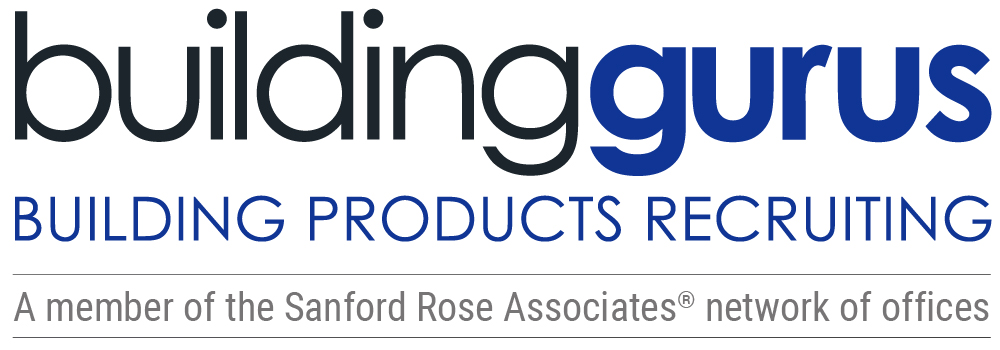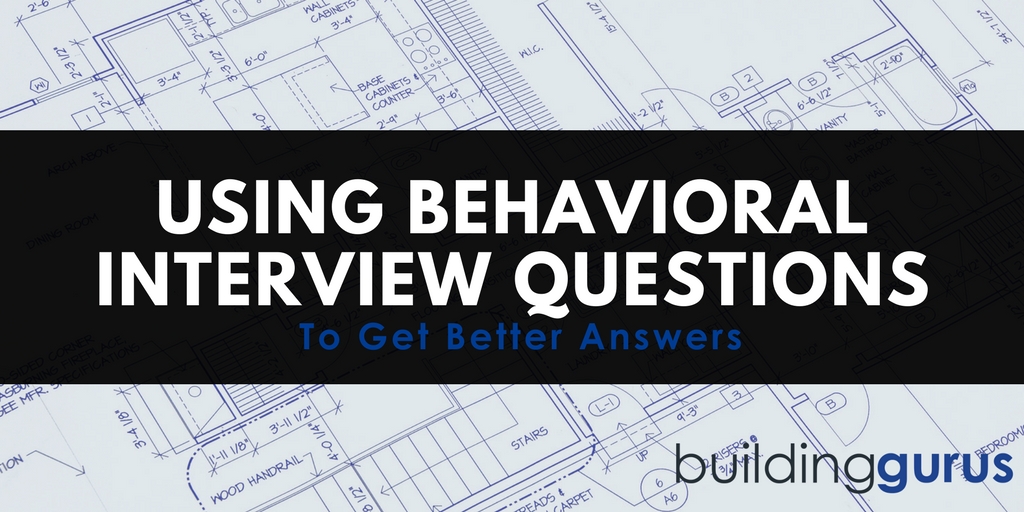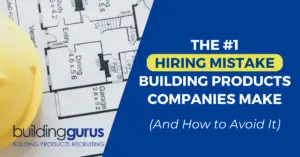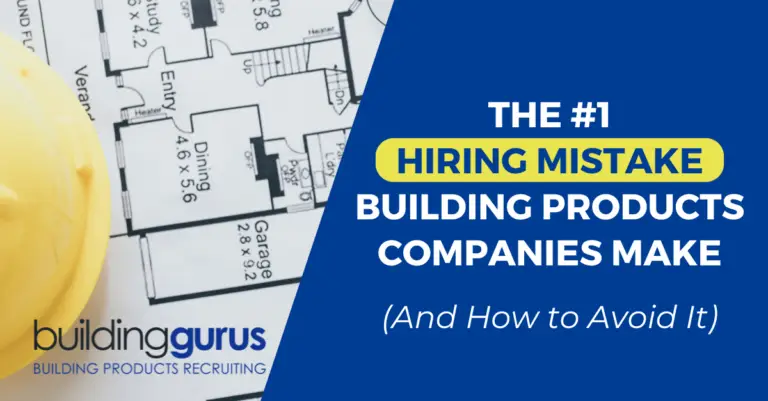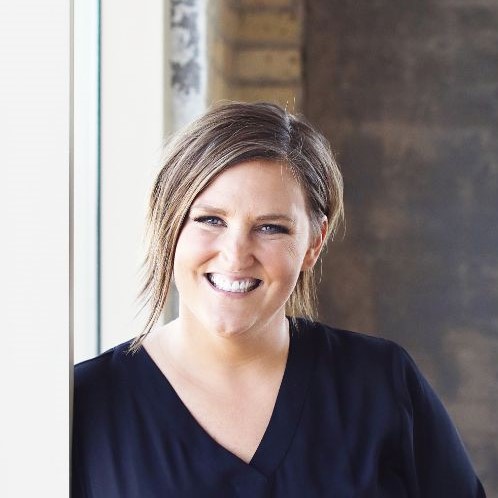When you conduct interviews, it is important to ask a mix of different types of questions. I prefer a phone interview first so you can cover many of the basics – can they do this job type questions.
When you get into your other interviews, you need to get more in-depth and find out how well they've performed in the past and what they can likely bring to your company.
Functional interview questions cover the past – what they've done, learned and achieved. Behavioral interview questions build off that and give you a view into a prospective employee's work ethic, teamwork abilities and how they approach problem-solving.
How To Listen
Behavioral questions go way beyond yes or no answers – so you need to put on your recruiter's ears and really, truly listen. Listen to what is being said and learn how to read between the lines. Don't take answers at face value and if someone isn't giving the answer you want or need, don't let it slide. Keep asking clarifying questions or approach the question from another angle.
When you dig deeper, you probably will find a much different or more insightful response than what they first offered.
What Behavioral Interview Questions Tell You
You are looking for information about specific events or examples. So, the candidate needs to talk plainly about a situation they handled or how they individually approached a real-life problem. You don't want generalities – “at XYZ we prided ourselves on always answering the phone in 3 rings”- you need clear, specific information.
Don't accept general answers – try to get to an actual time something happened, how the candidate handled it and what the outcome was.
You want to know what they have done in the past because it is a clear indicator of what they can do in the future.
How To Use Behavioral Questions
These types of questions usually start with “tell me about” or “give me an example of” so they work well when you talk a little bit about your company and can relate the question back.
I wouldn't rapid-fire lob 30 behavioral questions in a row at someone. This is an interview, not an interrogation. I find they work best when they are in a mix of other interview questions. So, you might ask a functional question, follow it up with a behavioral question and then end with a hypothetical or situational question.
They can all be on the same theme. You'll get sets of information from all 3 and can piece together the clearest picture.
Examples Of Behavioral Questions
I've listed some great behavioral questions below with some appropriate follow-up questions.
- Talk about the best manager you've had
- How did they make a positive impact in your career
- What was the hardest decision you've made in your career
- How did you handle it
- Give me an example of a goal you didn't achieve
- What happened
- How did you learn from it
- What is the biggest goal you've set and met
- How did you go about it
- What challenges did you face and how did you handle them
- When have you gone above and beyond for a customer
- How did you accomplish it
- What stood in your way
- How did the customer react
- What did you learn from this experience
- Talk about a time a co-worker or subordinate was frustrating
- How did you approach the situation
- What ultimately came of it
- How did you start the conversation
- Describe how you handled a conflict with co-workers or management
- What steps were needed
- Did the issue get fixed
- Why or why not
- Talk about selling someone on a product or service they didn't want
- What techniques were most useful
- Did you ultimately win them over
Behavioral questions allow candidates to talk about their background, how they view past interactions and how they handle themselves. You'll get more information about their skills and experience and how they would fit into your culture.
Extra Value Added
One of the side values of behavioral questions is that many candidates don't answer the question you asked. They may skirt around the issue or try a generic answer. If it happens once, I wouldn't think much of it. Maybe that experience has never happened or they weren't very involved in it.
But, when it comes up over and over again, I would start to wonder if they either don't really have the background you need or if they don't listen well. So, ask follow-up questions and make sure you get to the answer you want. If they continue to be evasive or get annoyed by your process, you have a pretty good indication they may not be the fit for you.
Behavioral questions are a great thing to have in your interviewing toolkit – they'll give you insight into your candidate's background and how they deal with issues.
